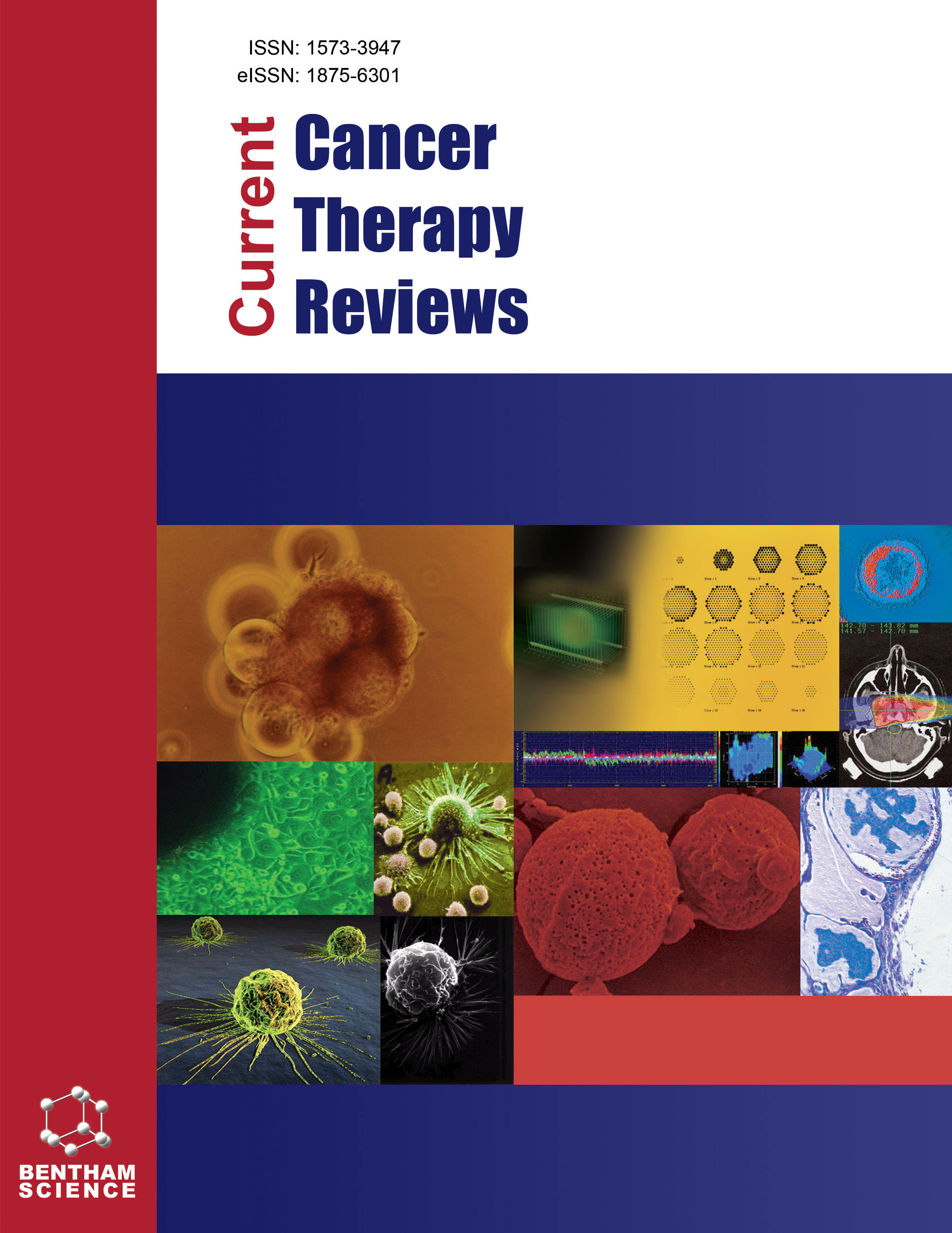
Full text loading...
As the third most prevalent cancer, there is no convincing treatment for colorectal cancer. Growth Hormone-releasing Hormone (GHRH) is an important hormone for the growth and maturity of humans and other animals. Also, recent studies show both GHRH and GHRH receptor to be expressed in many types of cancers, such as lung, breast, colon, ovarian, gastric, and pancreatic cancer. GHRH has been shown to augment the growth and proliferation of cancer cells in in vivo and in vitro studies, but studies have shown that its antagonist can inhibit the growth or even metastasis of cancer cells. The development of many classes of GHRH-R antagonists over the past three decades has shown strong in vivo and in vitro growth inhibitory effects on cancer. The present study is an attempt to review the studies on the association between GHRH and colorectal cancer and examine if the hormone can be targeted for therapy or used as a prognostic marker for colorectal cancer or not.

Article metrics loading...

Full text loading...
References


Data & Media loading...

